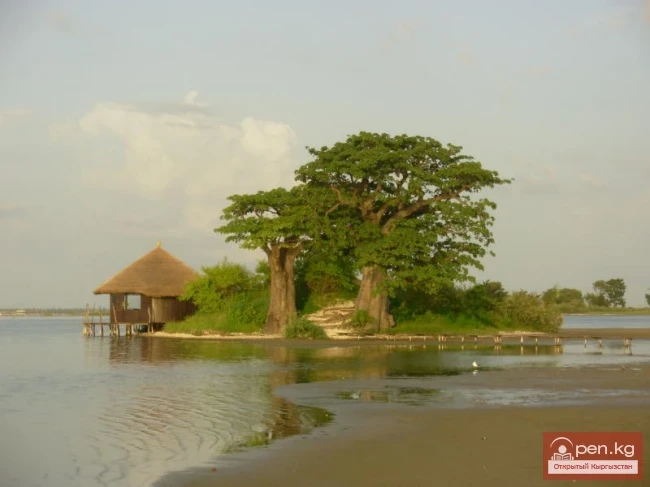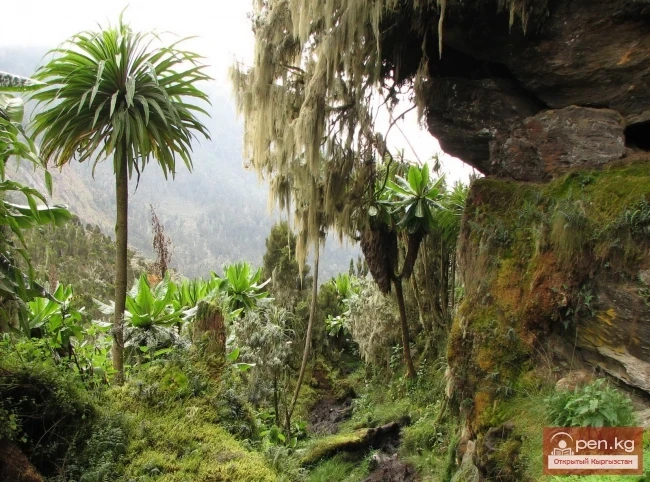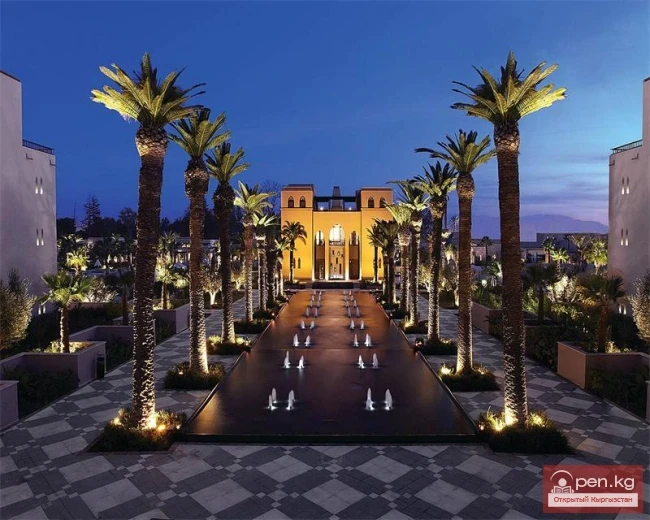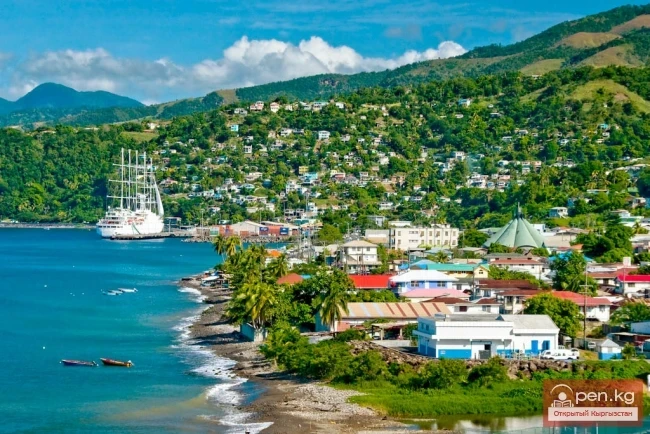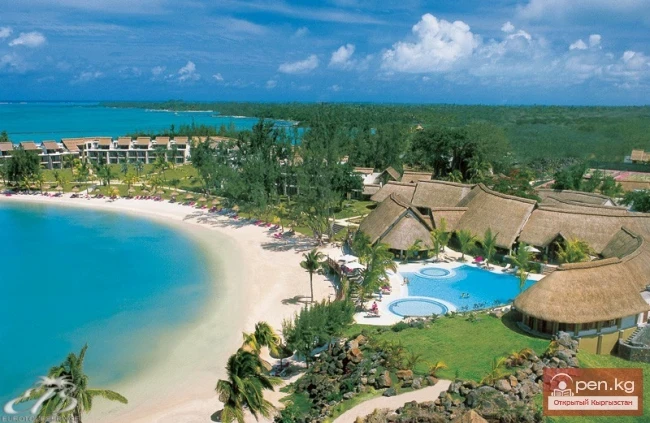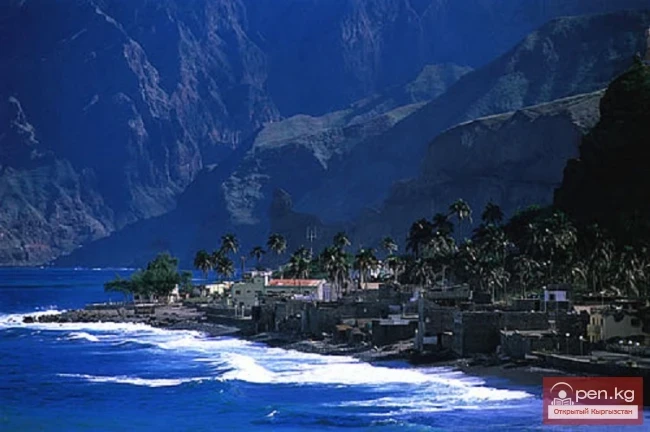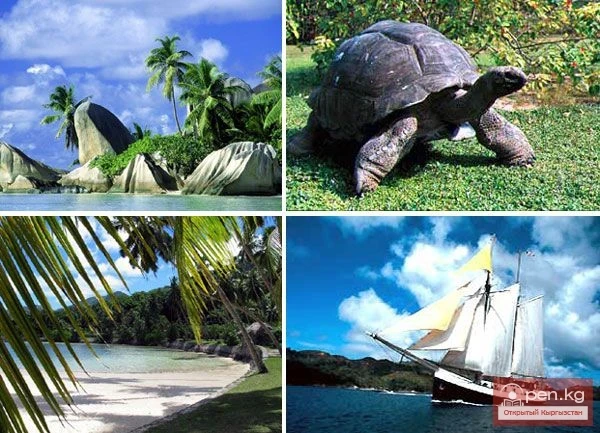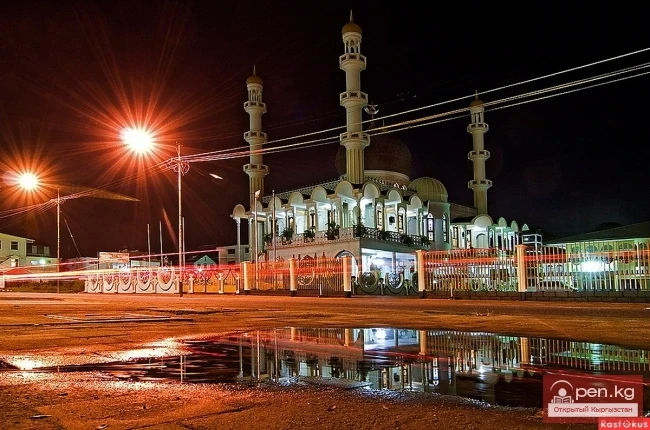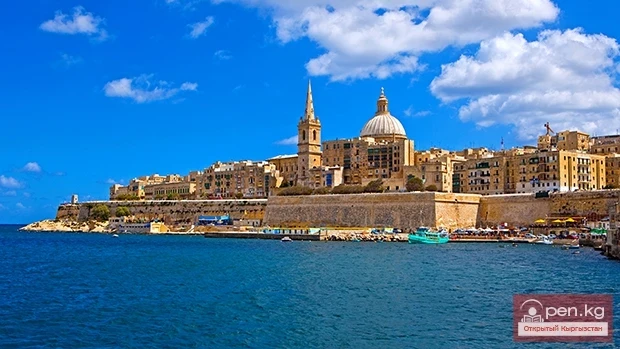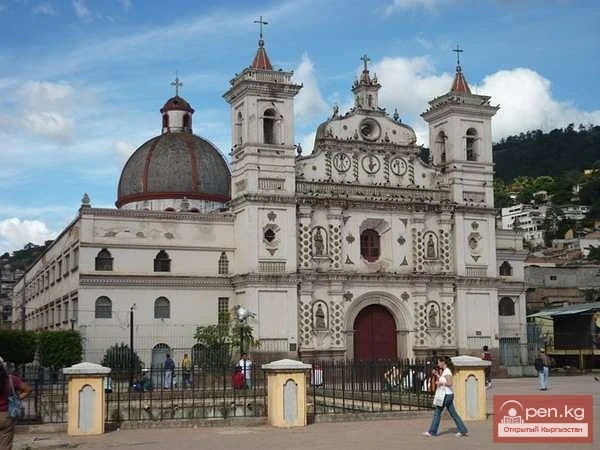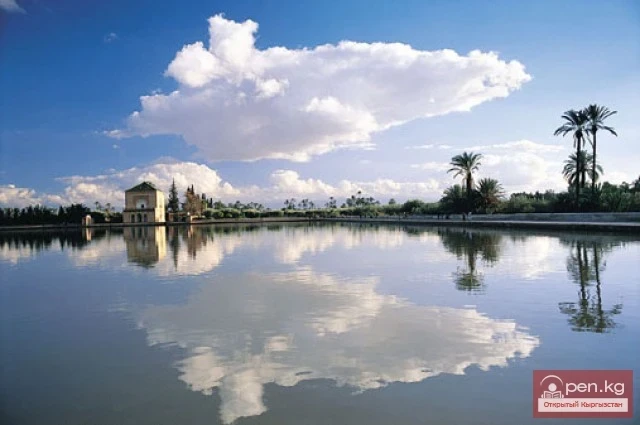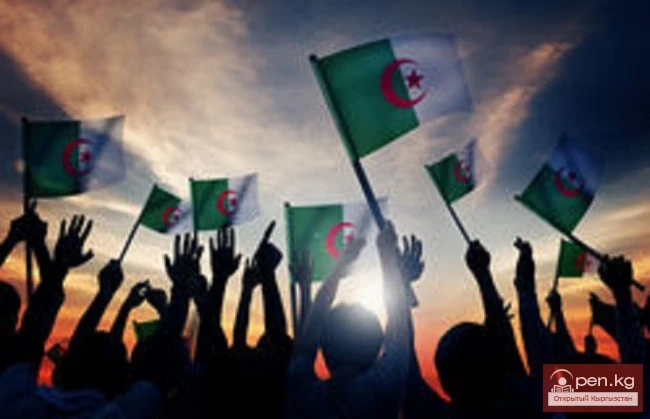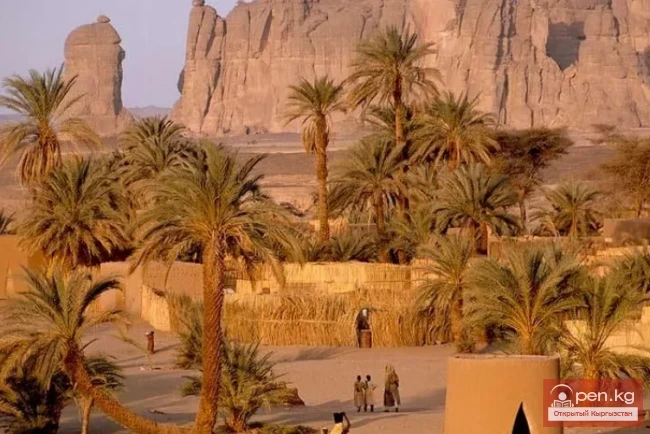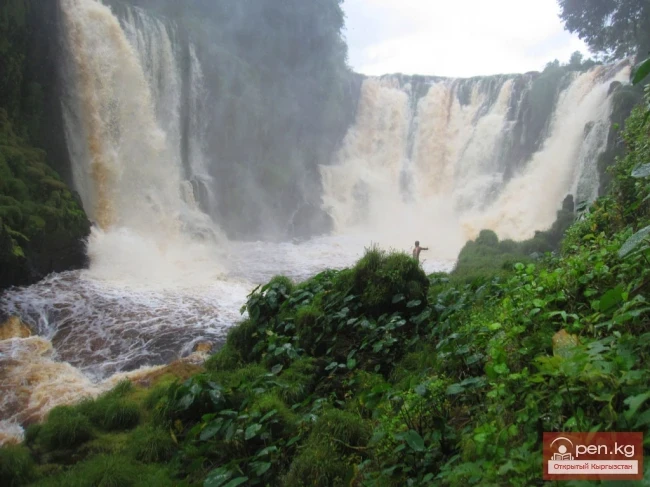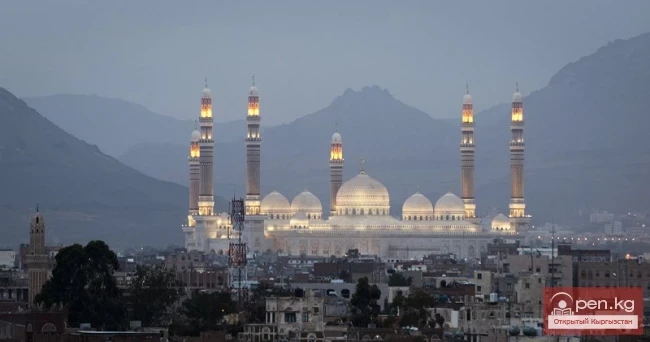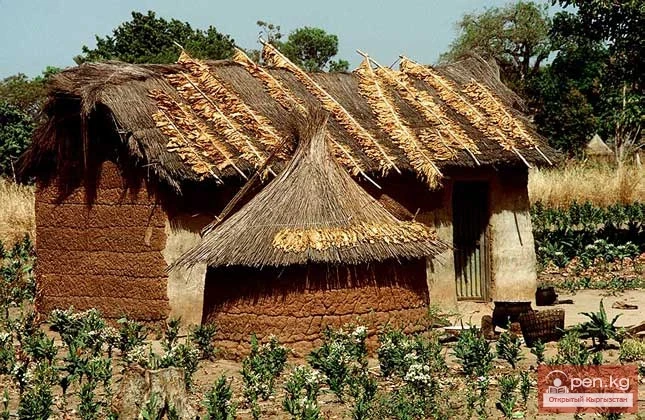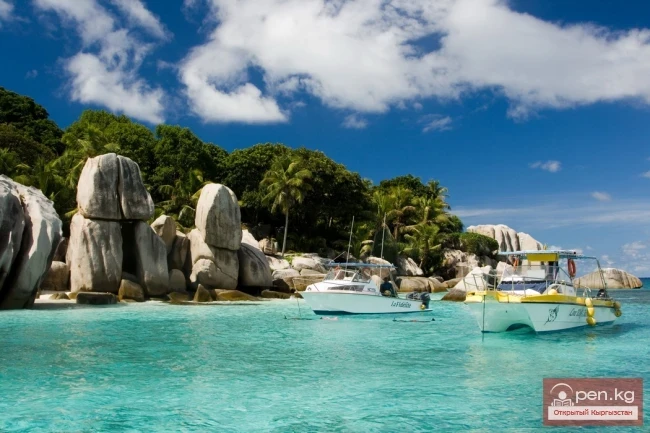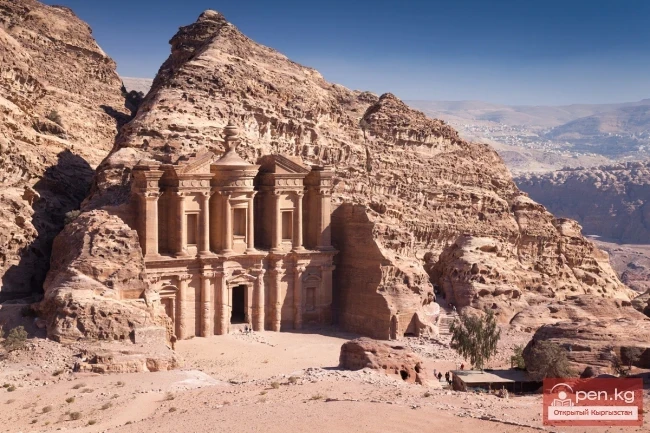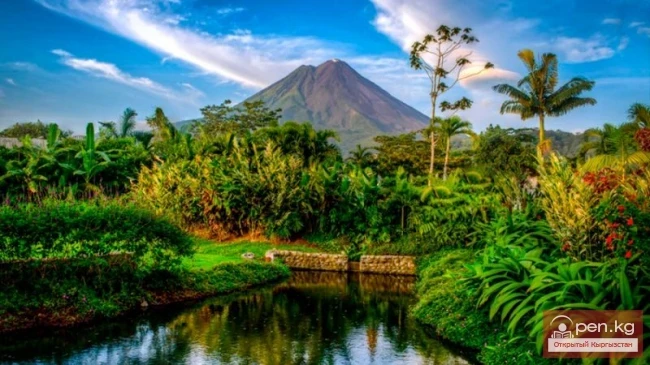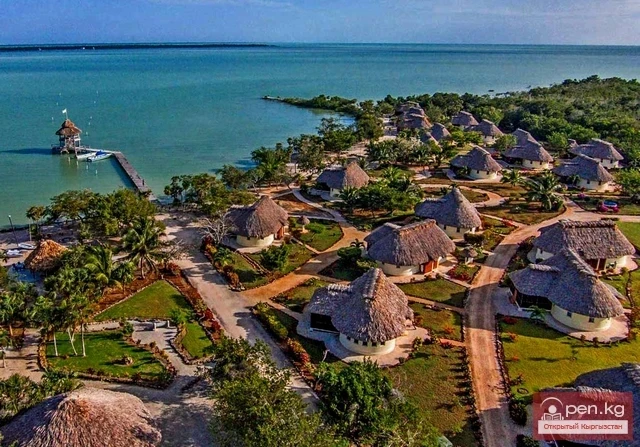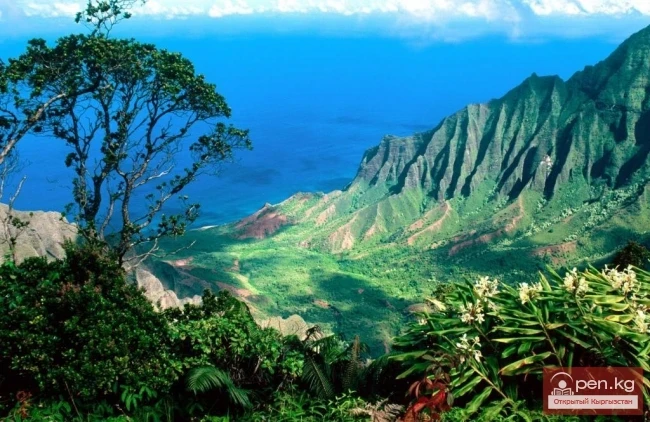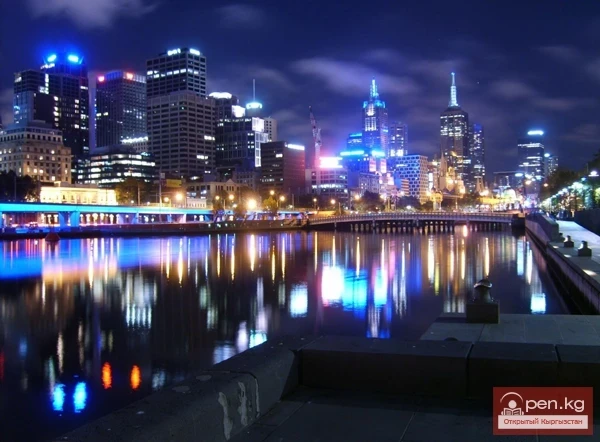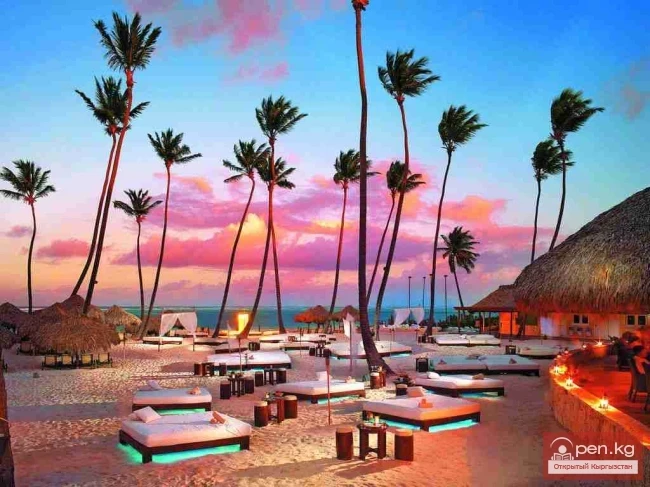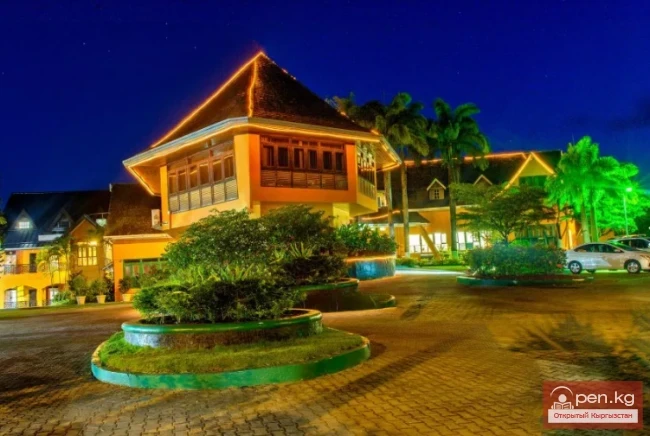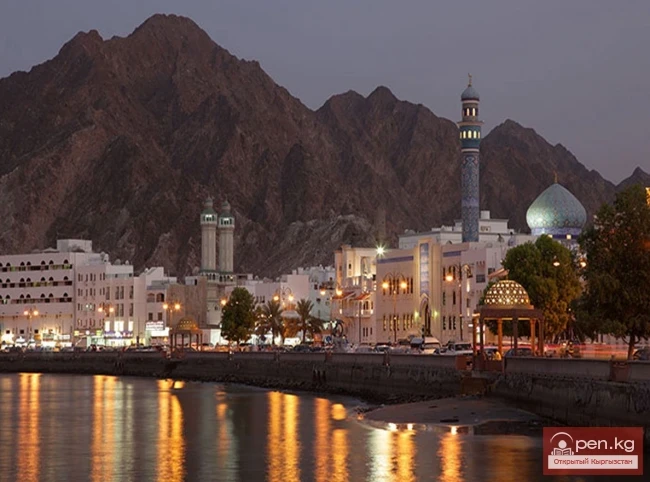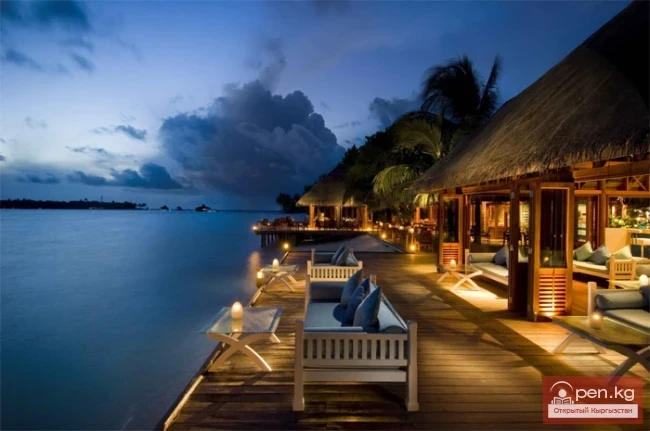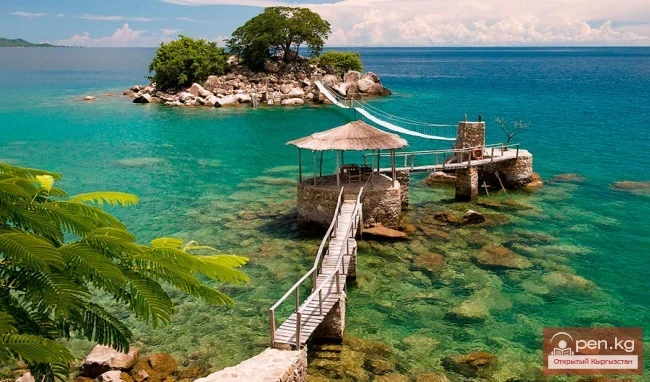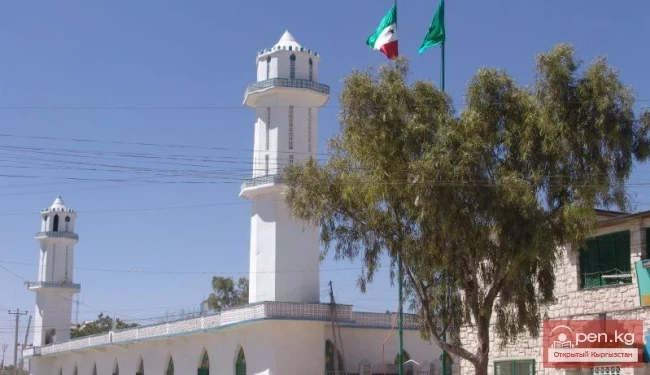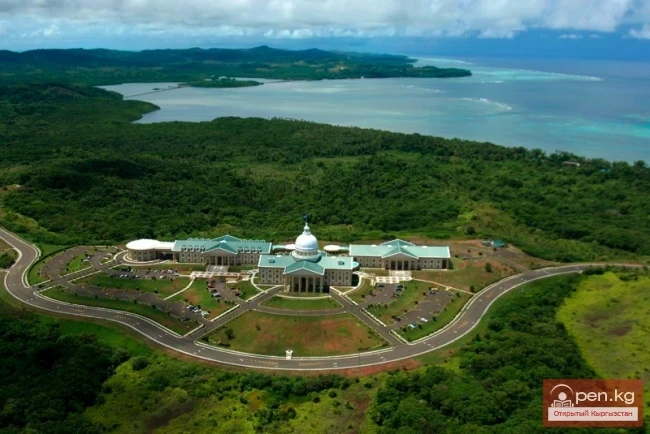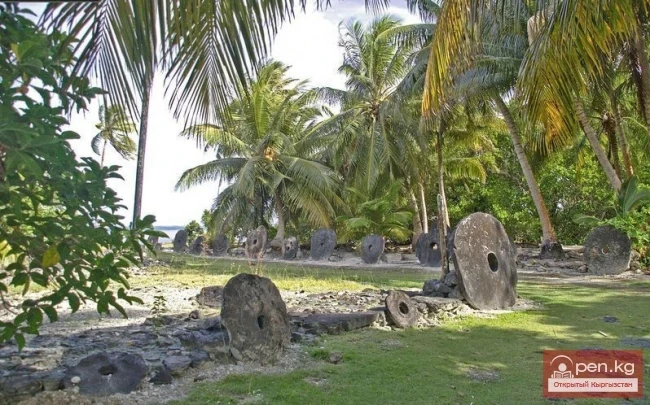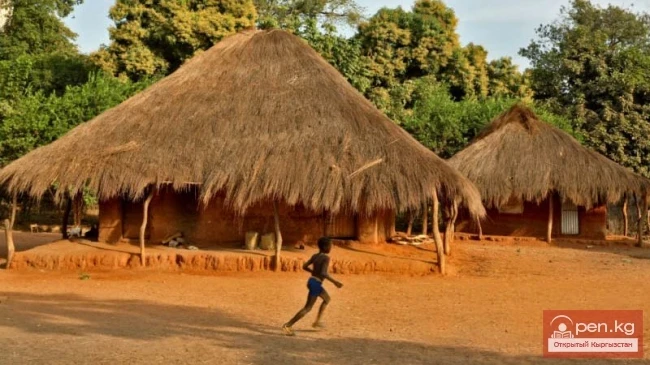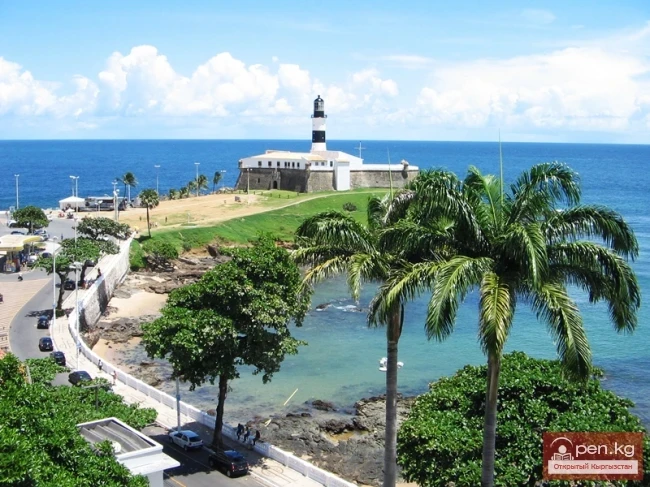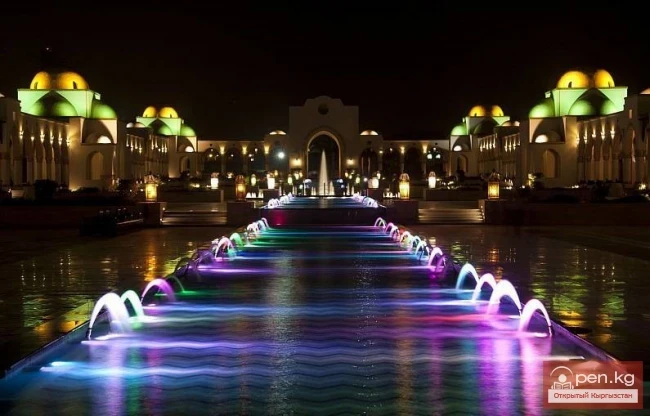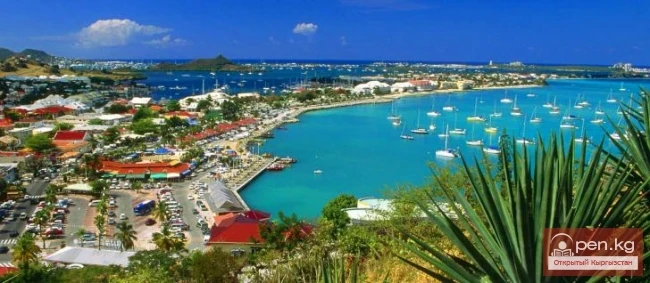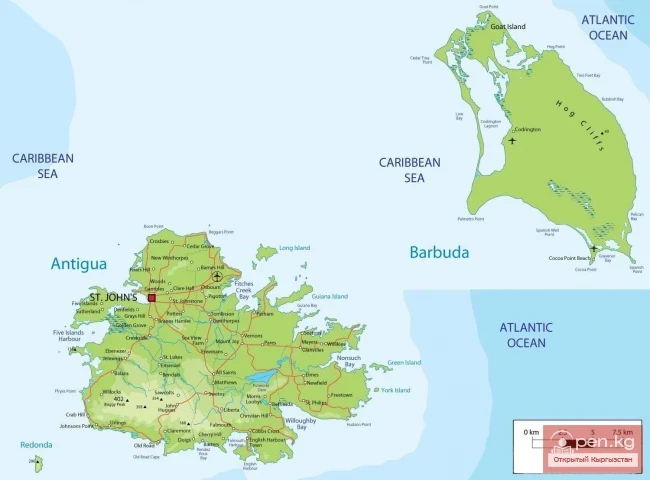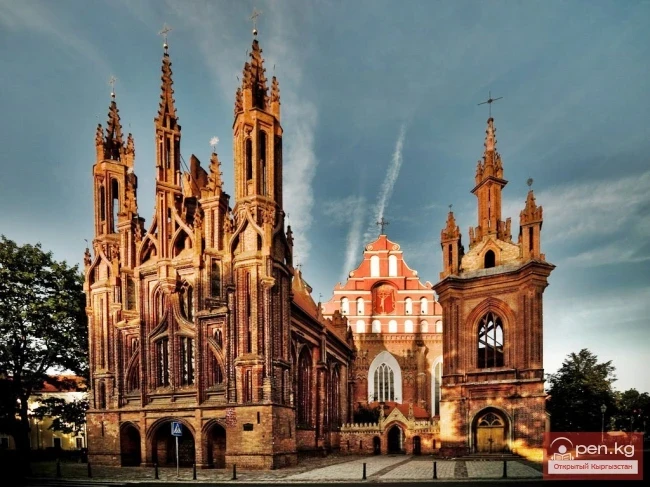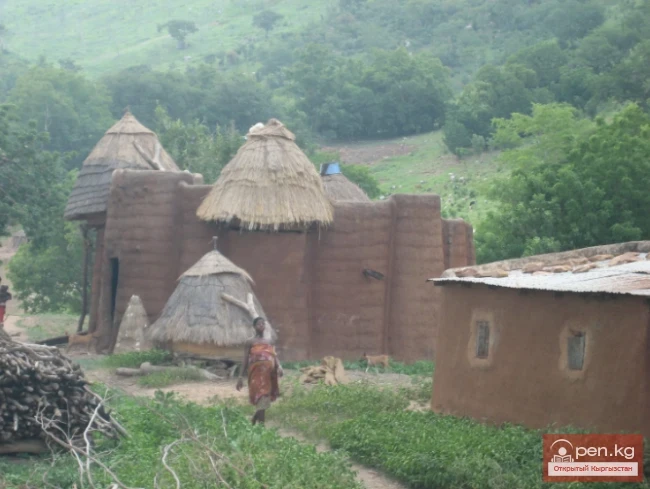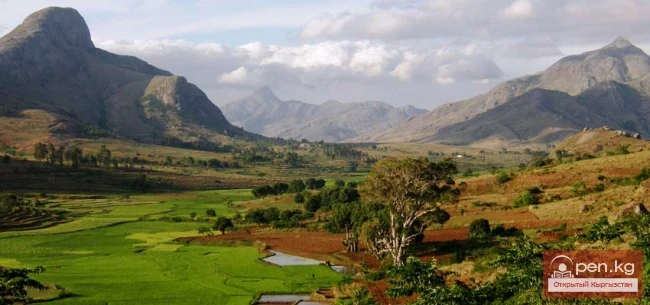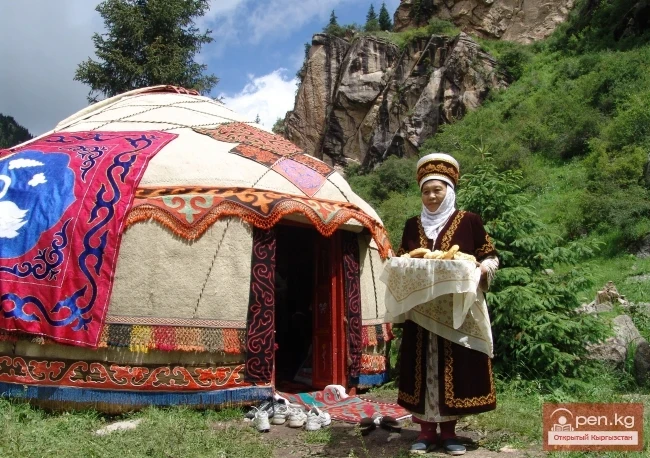MAURITANIA. Islamic Republic of Mauritania
A country in the northwest of Africa, bordered by the Atlantic Ocean. Area - 1,032.5 thousand km² (mostly the Sahara Desert). Capital - Nouakchott (approx. 700 thousand). Administrative division - 12 districts, with the capital designated as a separate district. Population - 2.9 million (2004); Arabs and Berbers - over 80%, the rest - Negroid peoples (Toucouleur, Peul, Wolof, Bambara, etc.), 25% of the population are nomads. Official language - Arabic, French is also widely spoken. State religion - Sunni Islam. Currency unit - ouguiya = 5 khumsam.
It has diplomatic relations with the Russian Federation (established with the USSR on July 12, 1964).
National holiday - November 28 - Independence Day (1960).
Mauritania is a republic. The country's constitution was adopted on July 12, 1991. A referendum is being prepared to amend and supplement it in connection with the rise to power on August 3, 2005, of the Military Council for Justice and Democracy (MCJD), which performs legislative and executive functions. The chairman of the MCJD is Colonel Ely Ould Mohamed Vall. The government (formed on August 10, 2005) is headed by Prime Minister Sidi Mohamed Ould Boubacar.
Currently, there are 17 registered political parties, including the Republican Social Democratic Party (RSDP), the Union for Democracy and Unity, and the Union for Democracy and Progress.
There are 4 trade union associations in the country, the largest of which is the Union of Workers of Mauritania.
Ancient Mauritania was a place of mass migration of tribes and peoples. Representatives of the Negroid race were displaced by Berber tribes starting from the 1st millennium BC. In the 7th century, Arab conquerors invaded, conducting a violent Islamization of the population. In the 13th-15th centuries, as a result of the second invasion, Arab tribes established their hegemony over the Islamized nomadic Berbers (Moors) and the Negroid tribes of the southern part of the country. Europeans began to show interest in Mauritania from the early 15th century. According to the Paris Treaty (1814), France secured the Mauritanian coast, and in 1920 declared Mauritania its colony within French West Africa. The country's population constantly fought for its national liberation, which intensified after World War II and repeatedly took the form of armed uprisings. In 1958, Mauritania gained autonomy within the French Community. On November 28, 1960, the country's independence was proclaimed. The state and government were headed by President Mokhtar Ould Daddah, and a unicameral National Assembly was created. According to the 1965 constitution, a one-party system was established. The ruling party became the Mauritanian People's Party (MPP), created in 1961. On July 10, 1978, power in the country passed to the Military Committee for National Renewal (MCNR). The constitution was suspended, and the government, parliament, and public organizations were dissolved. In April 1979, the MCNR was transformed into the Military Committee for National Salvation (MCNS). In 1980, Colonel Mohamed Khouna Ould Haidalla became the head of state and government, who was replaced as a result of a coup on December 12, 1984, by Colonel Maaouya Ould Sid Ahmed Taya.
Since 1991, a number of measures have been taken to liberalize social and political life: elections were held for rural councilors, an amnesty for political prisoners was declared, and an economic and social council was formed under the head of state. Important events in the course of democratization of political life included the adoption of a new constitution of Mauritania in a referendum in 1991 and the issuance of decrees "On Political Parties" and "On Freedom of the Press." After the presidential and parliamentary elections in the first half of 1992, the transition to civilian rule was completed. In April 1992, by decree of the president, the MCNS ceased to exist.
Re-elected in December 1997 and November 2003 as president of the country, Maaouya Ould Sid Ahmed Taya was removed from power by the Military Council for Justice and Democracy in August 2005. The MCJD proclaimed its main task as "creating favorable conditions for the formation of an open and transparent democracy, true democratic institutions" and announced its intention to remain in power for no more than two years. After the transitional period, general elections are planned.
Mauritania is a member of the UN (since 1961), the Non-Aligned Movement, the Arab League, the Organization of Islamic Cooperation, and the Group of 77 + China. Membership in the African Union (AU) is suspended.
Mauritania is a country with a low level of productive forces development. The country's GDP is approximately $950 million (2004). In the UN classification by human development, it falls into the group of least developed countries (the average GNI per capita is below $470).
The basis of the industry is the extraction of iron ore (up to 10-11 million tons per year), carried out by the National Mining Company. There are reserves of phosphates and copper of industrial significance. Gold, rock salt, and gypsum are also extracted. Exploration is underway for minerals such as oil (in 2004, the presence of oil and gas reserves was confirmed, with industrial exploitation planned from 2006), uranium, nickel, cobalt, and others. There are several enterprises in the light and food industry, as well as an oil refinery. The country's energy complex consists of several power plants and diesel generators operating on imported fuel.
One of the leading sectors of the economy is marine fishing. The average annual catch volume is 500-570 thousand tons.
Agriculture accounts for about 20-30% of GDP. The agricultural sector is extremely dependent on natural and climatic conditions. Agriculture is concentrated in the Senegal River valley, where over 95% of arable land is located. In 2004, a locust invasion destroyed a large part of the harvest. The grain deficit is covered by international aid, primarily from the USA. Livestock farming, focused on meat and wool, is extensive and low-yielding. However, it fully meets the population's needs for meat products. The cattle population is 1.6 million, camels - over 1.5 million, and small cattle - 10.3 million. About 40% of the territory is used for pastures.
Exports include iron ore (1/3 of export value), gold, fish (over 20% of export value), gypsum, and others. Imports include industrial goods, petroleum products, a significant portion of food products, and others. Major trading partners are France, Germany, Japan, Italy, Spain, and Belgium.
The length of paved roads, including city streets, is over 2000 km. There is a railway branch 670 km long, which transports iron ore from the deposit to the sea port of Nouadhibou. Major airports and seaports are located in Nouakchott and Nouadhibou.
In the country, there are more than 1300 primary schools and over 50 secondary schools, as well as 6 higher educational institutions, the largest of which is the university in Nouakchott.
A number of various printed publications are issued in Mauritania, including daily newspapers in Arabic and French - "Ash-Shaab," "Horizons," and others. The Mauritanian Information Agency (AMI) and the government broadcasting and television service of Mauritania are also operational.

